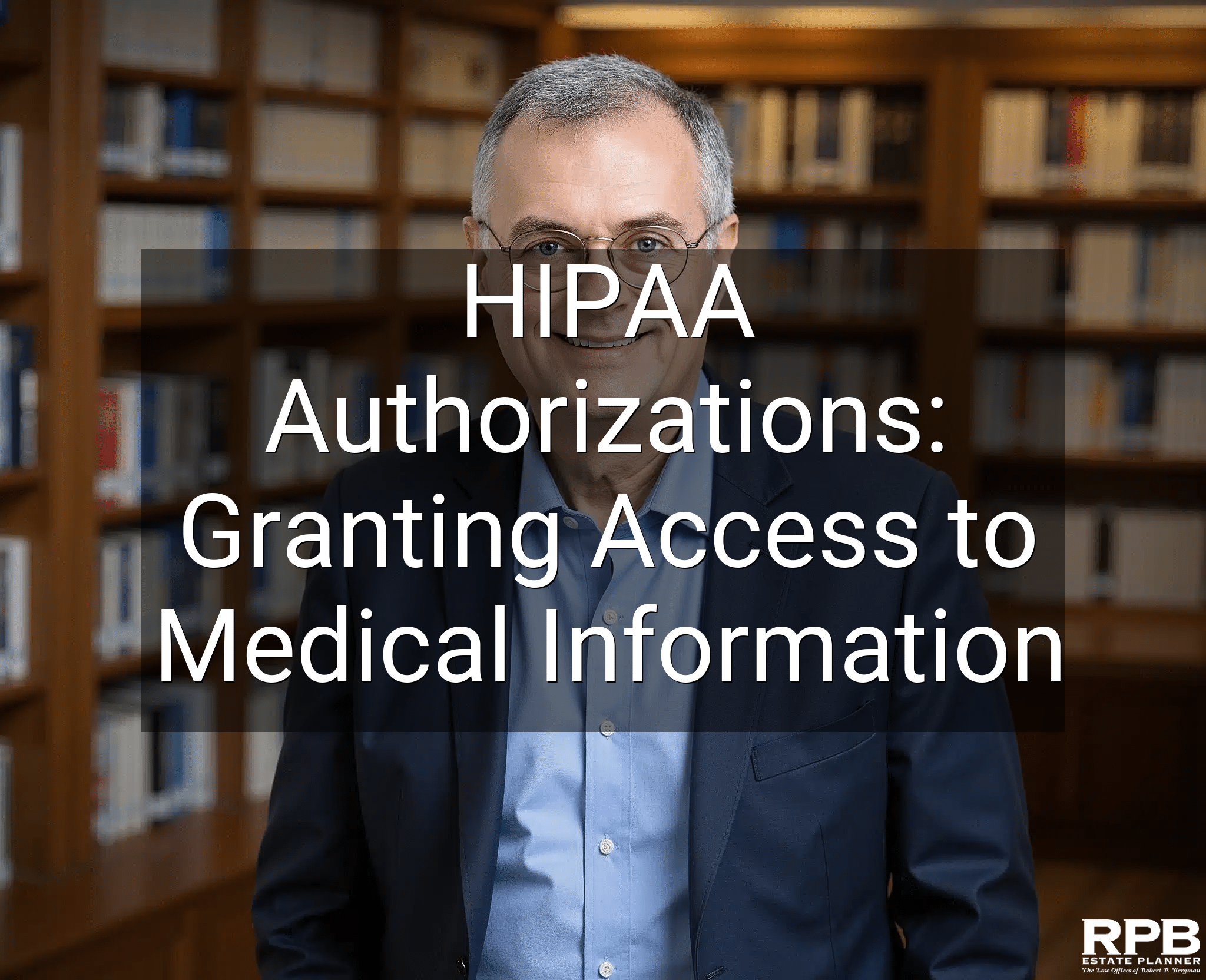When it comes to your health, privacy matters. Protecting the sensitive details of your medical history is not just a concern — it’s a legal right. That’s where a HIPAA Authorization comes in. This authorization is a form that allows individuals to give written permission for others to access their protected health information. Whether it’s a family member helping with care or another medical provider seeking past treatment records, the ability to authorize access is crucial for seamless and effective healthcare. However, the rules surrounding HIPAA can be complex. Without clear understanding, you might unknowingly deny access to important medical information or put your privacy at risk. In this article, we’ll demystify HIPAA Authorization and help California residents navigate what it means, why it’s important, and how to manage it responsibly. When done correctly, it empowers patients to stay in control of their health information while ensuring that trusted individuals can lend support when it’s needed most.
Breaking Down What HIPAA Authorization Means
HIPAA Authorization refers to a patient’s written consent for a healthcare provider to disclose their medical information to a designated person or organization. The Health Insurance Portability and Accountability Act (HIPAA) is a federal law that protects patient privacy, and authorizations are the gateway through which information can legally be shared. Without this document, even close family members might be denied access to your records during essential times.
For instance, imagine a scenario where a college student is hospitalized in California and unable to communicate. Without a signed HIPAA Authorization, their parents may not be able to access important details about their child’s condition or assist in decision-making. In another example, an elderly individual receiving care may want their adult child to coordinate treatment; this too requires proper authorization. Essentially, the form outlines who can receive information, what can be shared, and the length of time the access is valid. It’s a simple step with serious implications for both health and peace of mind.
Why this type of authorization plays an essential role
In real-world situations, HIPAA Authorization often becomes important during medical crises, complex treatment plans, or end-of-life care. Without a signed authorization, healthcare providers are legally bound to maintain confidentiality, even when it may hinder essential coordination and support. This silent barrier can be both emotionally taxing and logistically frustrating for families.
Properly executed HIPAA Authorization ensures that care teams, family members, and caregivers can communicate, collaborate, and advocate effectively. It also reduces delays and stress by giving patients confidence that critical decisions won’t be stalled due to privacy restrictions. Ultimately, it’s about bridging the gap between legal boundaries and real human needs.
- A spouse calls a hospital for updates during an emergency but lacks authorization. They receive no information, leading to confusion and anxiety.
- Children attempt to transfer their aging parent’s medical records between facilities. Without prior consent, the process is delayed for days.
- A designated healthcare agent is unable to act because paperwork wasn’t updated, resulting in postponed treatment during a critical window.
Navigating the HIPAA Authorization Process in California
- Step 1: Obtain a HIPAA Authorization form from your healthcare provider, legal advisor, or download one from a verified source. Be sure it includes all required elements.
- Step 2: Clearly specify who is authorized to receive your health information, what information can be shared, and for how long. Be as detailed as possible to avoid confusion.
- Step 3: Sign and date the form. In California, it’s best practice to also provide a copy to your medical providers, attorney, and anyone you’ve given access to.
Smart Strategies for Handling HIPAA Authorization
Popular Questions About HIPAA Authorization in CA
How the Law Offices of Robert P. Bergman Help Their Clients
The Law Offices of Robert P. Bergman provides expert legal guidance to individuals and families navigating HIPAA regulations and medical privacy. With decades of experience in estate planning and elder law, the firm understands the critical role HIPAA Authorization plays in securing timely and appropriate medical care. They offer comprehensive advice on crafting strong legal documents that work seamlessly with your overall estate plan. Clients benefit from custom-tailored solutions, practical explanations, and a compassionate approach to often overwhelming decisions. By helping clients stay legally protected and personally supported, the Law Offices of Robert P. Bergman gives peace of mind when it’s needed most. From simple authorizations to complex health care planning, they are a trusted legal partner in every step of the journey.













